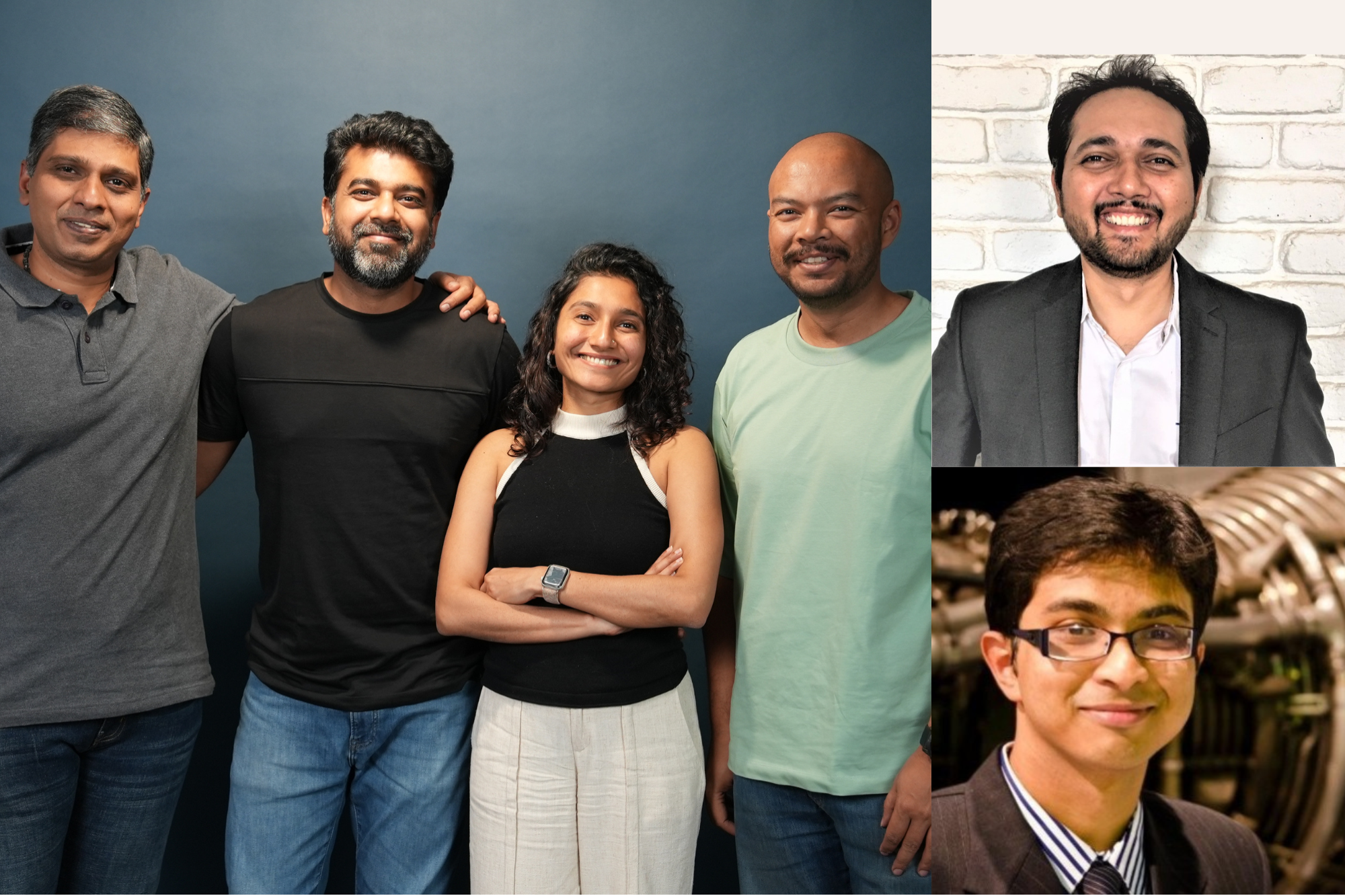Bill Gates is Disappointed with the Indian Education System; But Experts Have Hope India has a student population of over 40 crore and catering to such a large audience is a Herculean task
You're reading Entrepreneur India, an international franchise of Entrepreneur Media.

The Indian education sector has been known to be broken by academicians who have been pushing for reforms in the segment for years now. However, with billionaire Bill Gates expressing his disappointment in the Indian education industry, the focus is back on the sector and what needs to be done to bring about a change.
The industry is growing at a rapid rate for education is an essential element of the Indian economy too. The Government of India, in its union budget of 2017 has allocated Rs. 46,356.25 crore to school education and literacy and Rs. 33,329.70 crore to higher education
According to a report by IBEF, the schooling segment in India is anticipated to be around US$ 144 billion by 2020. Around 54 per cent of India's population is below 24 years of age, accounting to the need for regularised and advanced education being at an all-time high.
With the digital boom, education too has been changing to stay updated with today's times. Teachers, who were used to the chalk and blackboard for teaching, are now embracing laptops and presentations to make subjects more interactive and interesting for their students.
Entrepreneur India spoke to experts in the education industry about the future of education in India and how technology will get rid of most disappointments.
What Needs to be Done
One of the biggest problems in India is its magnanimity. India has a student population of over 40 crore and catering to such a large audience is a Herculean task believes Surabhi Dewra, founder, Careerguide.com. "The fact that it's also regulated through politics is another hindrance," she said.
Considering the large student population, reaching out to all had been one of the problems until now, but experts believe that times have now changed. Ashish Rajpal, founder, XSEED Education believes while the challenge of access to education is mostly solved, the problem of quality is not.
Focusing on primary education, Rajpal believes that the segment is particularly neglected and outdated, resulting in weak fundamentals. "That results in workforce that is unemployable and hard to skill. The government is trying to solve it through regulation but that is unlikely to work. A massive unleashing of private, public, and technological forces is needed," he said.
However, Dewra is noticing a change in the government's approach to the education sector. Having interacted with various state departments as well as the Ministry of Human Resource & Development, Dewra said that the intent to relook at the entire system is there. "We need to create a robust platform using technology that further eases out creases in the education sector," said Dewra.
Policies aside, Indian education needs many reforms that will change the way we understand the education sector today. Given the entrepreneurial boost in the country today, it is time to go beyond textbooks believe many experts. "The current high school and college education system is too rote memorization oriented," said Anindya Ghose. Ghose is the Heinz Riehl Chair Professor of Business at New York University and the author of TAP: Unlocking The Mobile Economy.
Talking about the immediate reforms needed in the system, Ghose said, "We need to encourage skills in design thinking, creative thinking, unstructured project management, and the ability to adapt and drive in changing environments."
How Technology is Changing the Game
The advent of the digital era has marked a change in the education industry and with technology shaping up the future, most experts believe that the future is bright. The penetration of the smartphone into the deepest corners of India, has further helped in the easy adaptation of technology in education. "Simple applications like bedtime stories on WhatsApp, which are available in all local languages, have increased the accessibility for all Indians. Almost every child today knows how to use a smartphone, so the reach is higher," said Dewra
With technology, there is no government interference too believes Dewra. "Schools can take it up on their own hands to use technology in the best way possible to impart education. So, I'm positive about the way the education sector is going to change," she said.
Meanwhile, Rajpal believes that the future of education is that teaching will be clearly divided between technology and the human teacher. Technology will take over "content" (including learning resources and interactive experiences) and "assessment" (including personalised feedback) completely. "Human effort will address the matter of "purpose" (what is worth learning) and "motivation" (including personalised coaching). Teachers will not go away, their work will change," he said.
That has been a cause of worry for many. Ghose too believes that in 10 years time, people will work half the number of hours of what they work today. According to him, there's also a possibility that they will have to work 3-4 different jobs a week. "Instead of 50 hour weeks with 1 job we will work 25 hour weeks with 3-4 jobs. Automation will eradicate many jobs. Hence the educational system needs to change and impart those new skills," he said.










